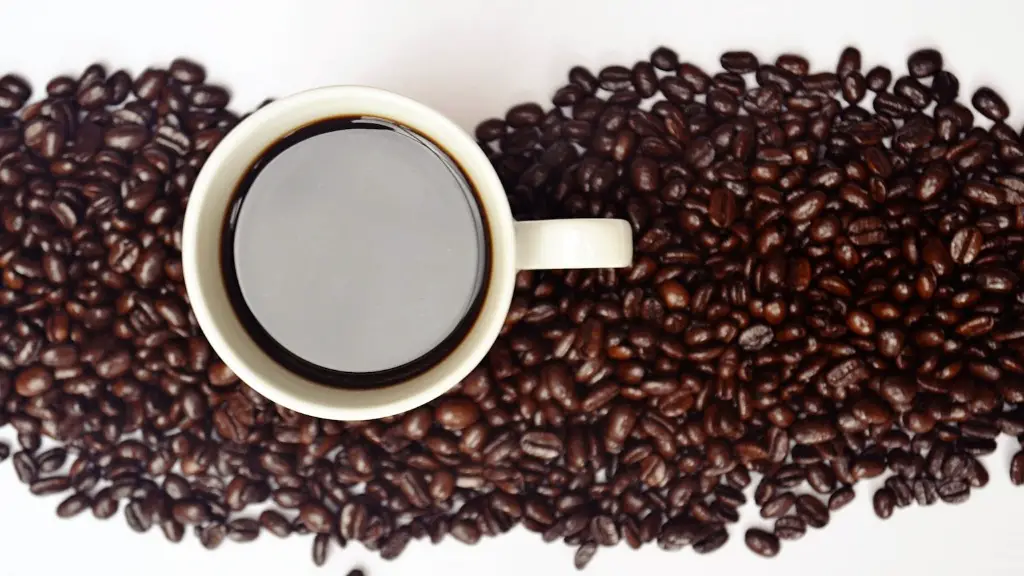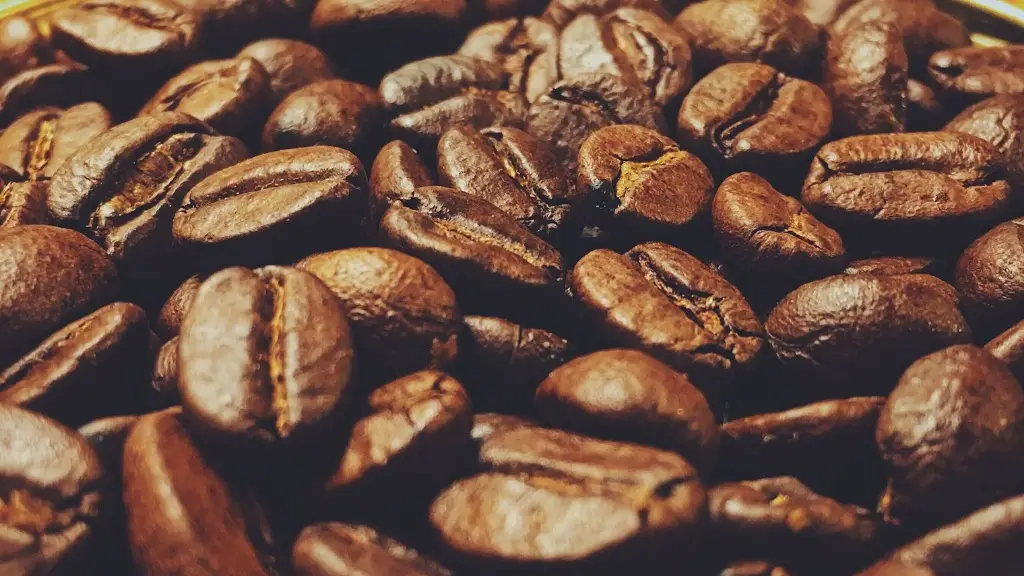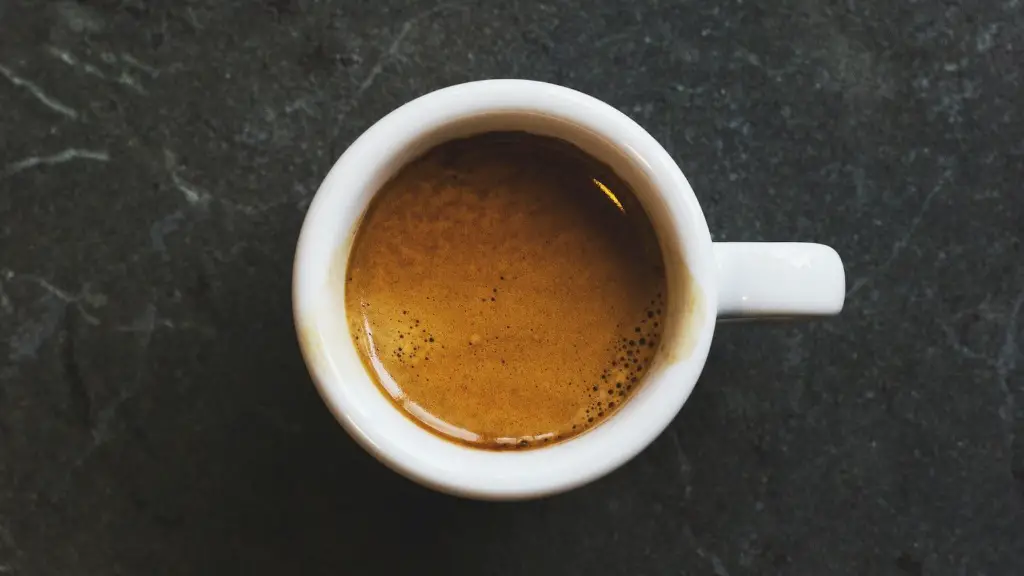Is it ok to drink coffee while fasting? This is no longer a rhetorical question as multiple studies imply that this is not only safe but beneficial. The rise of popularity of intermittent fasting paired with the emergence of health-focused coffee cultures have made this topic important to discuss.
Coffee has been integrated into various diets around the world for centuries not only for its caffeine content and energy-boosting effects but also for its antioxidant properties and numerous health benefits. With the rise of intermittent fasting, however, it is only natural to question if coffee consumption is wise during such dietary plan.
A study conducted by the University of Illinois has suggested that consumption of high-caffeine beverages during fasting periods is beneficial for a person’s metabolism, as well as overall health. The study, which was directed by professor Manojkumar Puttaiah, tracked the metabolic changes of a group of participants with type 2 diabetes who were moderately obese and drank one or two cups of espresso with breakfast.
Furthermore, another study conducted by the University of Florida stated that those individuals who consumed caffeine before their fasts showed increases in energy expenditure and an overall boost in metabolism compared to those who drank little to no caffeine. The study suggested that consumption of caffeine improves the mental alertness and performance on cognitive tasks, which may contribute to an individual’s success in intermittent fasting.
However, it is important to note that while moderate consumption of caffeine before fasting may be beneficial, excessive consumption can lead to potential side effects such as anxiety, irritability, insomnia, and increased heart rate. Therefore, it is essential to consult a doctor before engaging in intermittent fasting and consuming caffeine before or during such dietary plan.
Effects on Weight Loss
Some studies have suggested that individuals who consume caffeine in moderation while fasting tend to achieve better results in terms of weight loss. According to a study conducted by researchers at the University of East Anglia, individuals who consumed a cup of coffee with breakfast during their fasting period had better results in terms of weight loss compared to those who didn’t. The study tracked the differences in weight loss between individuals who consumed caffeine and those who did not. The results showed that those who consumed caffeine daily during their fasting period lost more weight than those who didn’t. The study concluded that caffeine could potentially benefit those looking to lose weight while intermittent fasting.
On the other hand, some experts believe that consuming caffeine in large amounts may lead to potential health risks, so it is important to consult a doctor before engaging in intermittent fasting and consuming high amounts of caffeine. Such specialists often recommend limiting caffeine intake to no more than two or three cups of coffee per day while fasting, and to reduce it to one cup if an individual experiences any of the potential side effects associated with excessive caffeine consumption.
In summary, while research suggests that moderate caffeine consumption is beneficial during a fasting period and can help to boost metabolism and promote weight loss, it is important to not overdo it and always consult a doctor prior to engaging in intermittent fasting and consuming large amounts of caffeine.
Effects on Blood Sugars and Cholesterol
Coffee consumed moderately during fasting is not only beneficial for weight loss and metabolism, but also for other health factors such as blood sugar and cholesterol levels. A study conducted at the University of Melbourne showed that individuals who consumed up to two cups of coffee a day during their fasting period had improved chronic health indicators. These findings suggested that moderate consumption of coffee during a fasting period can aid in improving cholesterol levels, blood sugar levels and reducing oxidative stress.
These findings are further supported by a study conducted at Harvard Medical School which suggested that consumption of coffee during fasting can aid in managing carbohydrate metabolism and preventing glucose intolerance, while also improving metabolic health. The study concluded that moderate consumption of coffee during fasting can potentially reduce the risk of developing diabetes and heart disease.
While these findings are promising, it is important to note that there is still much debate on the subject. It is up to individuals to decide if consuming coffee during intermittent fasting is the right thing for them, and to remember to always consult a doctor prior to engaging on such a dietary plan.
Coffee to Enhance Exercise Performance
Consumption of coffee before exercising has been suggested to increase alertness, help combat fatigue, and increase overall performance. While there is little scientific evidence to prove this claim, many fitness enthusiasts have shared anecdotes to support this theory. A study conducted by the University of Basel suggested that individuals who consumed coffee immediately before exercising had improved performance and felt less fatigued after the workout. In addition, the study suggested that coffee can increase the rate of fat oxidation, which may lead to improved overall performance and have positive effects on body composition.
Not only does moderate caffeine consumption before exercising have positive effects on performance, but research suggests that it may also help individuals to exercise for longer periods of time. A study conducted by researchers at the Appalachian State University suggests that, when combined with carbohydrates, caffeine can help individuals to exercise for longer periods of time with better performance. The study concluded that caffeine, when taken with carbs in the form of a sports drink, could potentially help an individual to sustain their performance during a workout.
Coffee has been accepted and celebrated around the world for its many health benefits. While research suggests that consuming coffee moderately before and during a fasting period can be beneficial, it is important to always consult a doctor before engaging in intermittent fasting and consuming large amounts of caffeine.
Effects on Appetite and Cravings
Consumption of low to moderate amounts of coffee during a fasting period can help individuals to stay on track and reduce their cravings. A study conducted by researchers at Purdue University suggested that individuals who consume coffee before a meal are more satisfied and tend to eat smaller portions. This may be due to the effects of caffeine on the central nervous system, which leads to a reduced appetite.
In addition, a study conducted by the University of Oklahoma suggests that regular coffee consumption can help individuals to better manage cravings for snacks between meals. The study concluded that those individuals who consumed low to moderate amounts of coffee had fewer cravings for unhealthy snacks, such as candy and cookies, compared to those who drank little to no caffeine.
Overall, research suggests that coffee can potentially reduce appetite and cravings, helping people to stay on track and stay focused during their fasting period. However, it is important to note that coffee can have different effects on different individuals and it is always wise to consult a doctor before engaging in intermittent fasting and consuming large amounts of caffeine.
Coffee and Hydration
While caffeine can help individuals to stay focused and alert while fasting, it is important to note that coffee can also be dehydrating, so it is essential to make sure to stay properly hydrated during a fasting period. A study conducted by the University of Connecticut suggested that coffee consumption before or during a fasting period can lead to dehydration, especially if consumed in large amounts.
The study concluded that individuals who consumed more than four cups of coffee in a day during a fasting period were more likely to become dehydrated. Therefore, it is important to drink plenty of water and other hydrating beverages such as herbal teas and coconut water to offset the potential effects of dehydration. Additionally, it is wise to limit coffee consumption to no more than two to three cups per day during a fasting period.
In conclusion, caffeine consumption during a fasting period can help individuals to stay focused and alert, reduce cravings and aid in weight loss. However, it is important to note that consumption of coffee must be done in moderation in order to minimize the potential risks associated with dehydration. Therefore, it is essential to consult a doctor prior to engaging in intermittent fasting and consuming large amounts of caffeine.





